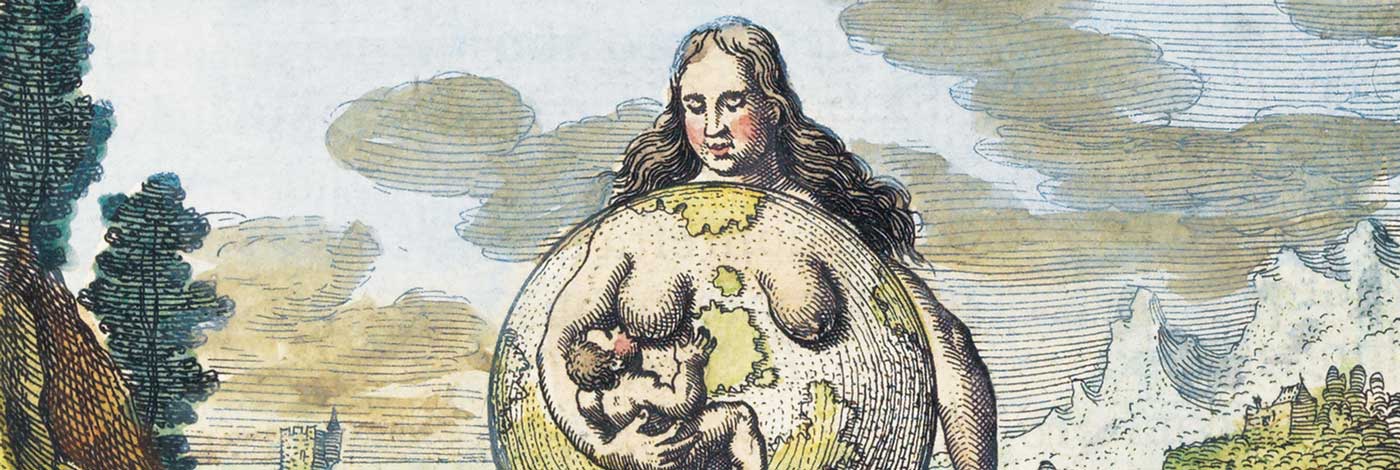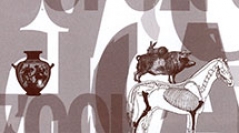

 Anthropozoologica
49 (1) - Pages 133-144
Anthropozoologica
49 (1) - Pages 133-144In connection with a Lorraine tale that explains ‘why children do not walk when they are born’, the author re-examines the context of rural society before industrialization and proposes to link the activities of young boys who go around with noise instruments in the Easter period, beliefs about animals, the concerns of women about care of the farmyard and babies learning to walk. The author’s analysis of these various activities follows the approach of C. Lévi-Strauss. The chains of symbolic understanding thus exposed reveal the coherence and, to a certain extent, the strangeness of our older European societies, which are so close to us temporally and so far away in their attitudes.
Buzzard, Buteo buteo L., Lorraine, France, Easter, teenager, women’s role, childhood.